Most of the questions to Rishi Sunak today at Prime Minister’s Questions can be usefully summarised by the point put to him late on by SNP MP Stewart McDonald.
McDonald said: ‘Of course the sadism of Hamas can only be condemned and there’s no question of Israel’s right to defence and security. But international law is very clear, Mr Speaker, that acting against international law in response to terrorism is unjustified. So in all of these packages that the Prime Minister has announced vis a vis humanitarian aid, and the military package he announced last week, can he tell the House how the government will ensure that international law is adhered to beyond just statements from Israel’s head of state?’
Sunak said that while Israel needed to act within international law, Hamas was embedding itself within civilian areas
Much of the session had been spent labouring the point that Israel does have a right to defend itself against the terror attack by Hamas. McDonald’s claim that there was ‘no question of Israel’s right to defence and security’ didn’t really acknowledge how many countries around Israel think that right is very much in question, and that indeed Israel’s very existence isn’t a right. But the point of today’s session was largely to underline that the UK parliament does speak with one voice on Israel’s right.
Keir Starmer explicitly made this argument in a sombre set of questions, which were really statements rather than any real attempt to probe Sunak. His opener was on the attack on the Al Ahli hospital, and included the statement that was also repeated throughout the session, that ‘international law must be upheld’.
He asked when the Prime Minister might be able to update the House on the investigation into what happened. This allowed Sunak to remind MPs not to ‘rush to judgement before we have all the facts on this awful situation’, and to say that the intelligence services were ‘analysing the evidence to independently establish the facts’. Starmer then reiterated that Israel had a right to defend itself and that if ‘Hamas had a single concern… for the safety of the Palestinian people, they would never have taken these hostages’.
For his third question he asked about humanitarian aid, medicines, food, fuel and water getting into Gaza immediately, to which Sunak responded with a list of what Britain was doing to help. Starmer then condemned the rise in anti-semitism and Islamophobia in this country following the 7 October attack, but made his question for the Prime Minister an easy one: ‘Does he agree with me that every member of this House has a duty, a duty to work in their constituency and across the country to say no to this hate and to ensure every British Jew and every British Muslim knows that they can live their lives, free from fear and frequent discrimination.’ Sunak agreed.
After a penultimate question on redoubling efforts to reach a two-state solution, Starmer summed up the point he had been aiming to make: ‘This is a crisis where lives hang in the balance and where the enemies of peace and democracy would like nothing more than for us to become divided and to abandon our values. Does the Prime Minister agree that during this grave crisis, this House must strive to speak with one voice in condemnation of terror, in support of Israel’s right to self-defence and for the dignity of all human life that cannot be protected without humanitarian access to those suffering in Gaza, and the constant maintenance of the role of international law?’ Sunak agreed.
Elsewhere in the session, Sunak reiterated that while Israel needed to act within international law, Hamas was purposefully embedding itself within civilian areas, including hospitals and schools. He did have to answer a few questions on other matters, though largely they were on how great his decision was to scrap the northern leg of HS2 and replace it with transport upgrades across the north of England.
Those questions all came from Tory MPs, funnily enough, who proceeded to list the roads and stations in their own constituencies that would benefit, to the extent the Speaker stopped one of them, describing him as an ‘A-Z’. It was comforting that even in the middle of a crisis, MPs are never far from being totally parochial.
Got something to add? Join the discussion and comment below.
Get 10 issues for just $10
Subscribe to The Spectator Australia today for the next 10 magazine issues, plus full online access, for just $10.


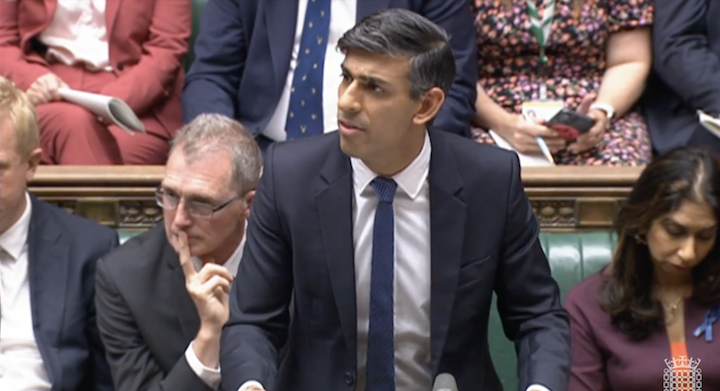
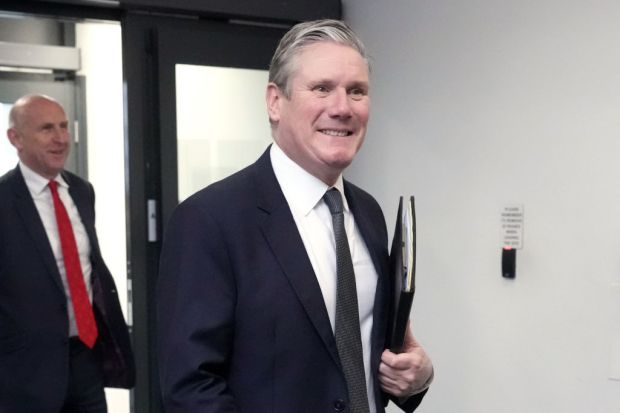
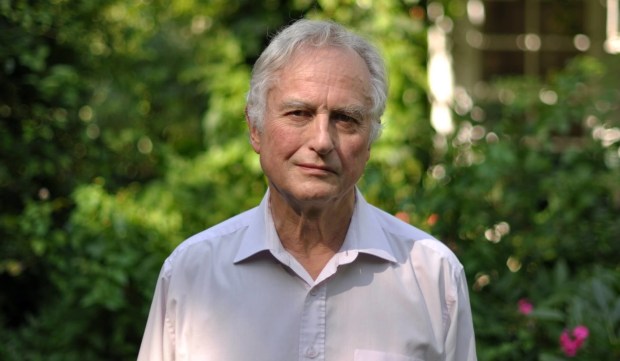

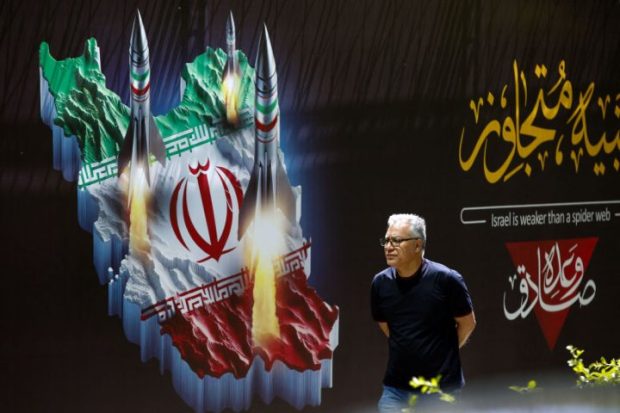
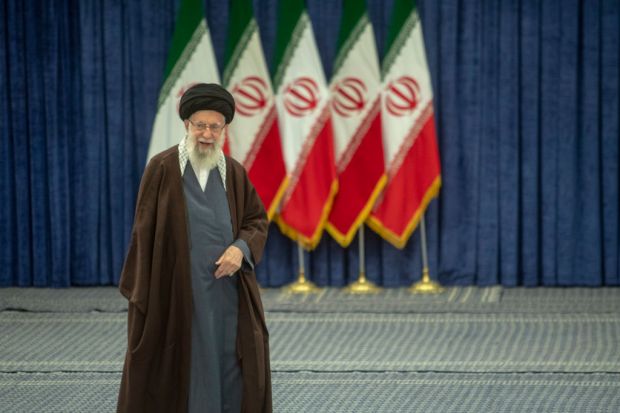
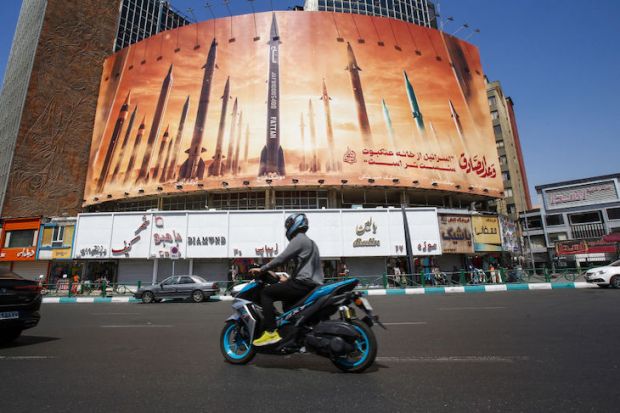












Comments
Don't miss out
Join the conversation with other Spectator Australia readers. Subscribe to leave a comment.
SUBSCRIBEAlready a subscriber? Log in